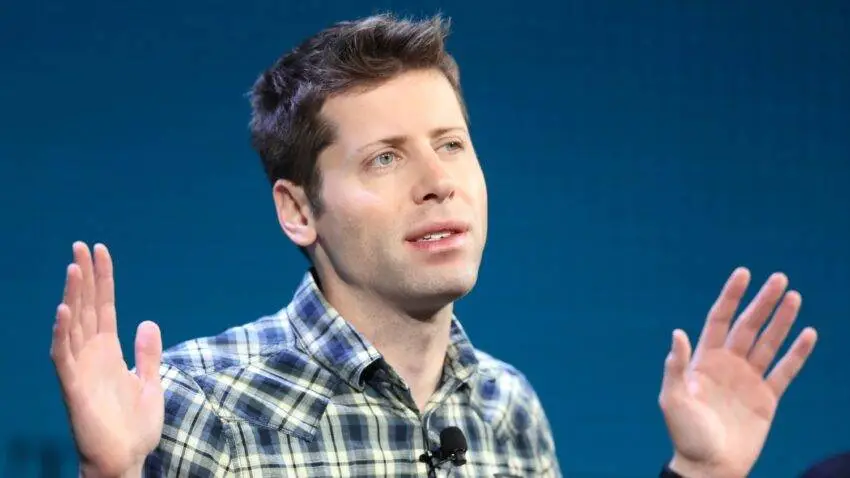In a groundbreaking development, OpenAI has unveiled its latest AI model, the o1 series, which promises to transform fields such as science, healthcare, and education with its advanced reasoning capabilities.
The newly introduced o1 series distinguishes itself by spending more time contemplating queries before responding, thereby enhancing its ability to address intricate tasks and resolve challenging problems in areas such as science, coding, and mathematics. This AI model simulates a more deliberate thought process, refining its strategies and identifying mistakes in a manner akin to human cognition. Mira Murati, OpenAI’s Chief Technology Officer, described it as a significant leap forward in AI capabilities, forecasting that it will fundamentally alter human interactions with these systems. ‘We’ll see a deeper form of collaboration with technology, akin to a back-and-forth conversation that assists reasoning,’ Murati stated.
Existing AI models are generally known for their rapid, intuitive responses. However, the o1 series adopts a slower, more reflective approach to reasoning that mimics human cognitive processes. Murati anticipates that this model will drive progress in fields such as science, healthcare, and education by assisting in exploring complex ethical and philosophical dilemmas, as well as abstract reasoning.
Mark Chen, Vice-President of Research at OpenAI, highlighted that early tests conducted by coders, economists, hospital researchers, and quantum physicists revealed the o1 series’ superior problem-solving skills compared to preceding AI models. An economics professor even remarked that this model could solve a PhD-level exam question ‘probably better than any of the students.’
Despite its advancements, the new model is not without limitations. Its knowledge base only extends up to October 2023, and it currently lacks the ability to browse the web or upload files and images. Nevertheless, the launch of the o1 series coincides with reports indicating that OpenAI is negotiating to raise $6.5 billion at a staggering $150 billion valuation, potentially securing support from major industry players such as Apple, Nvidia, and Microsoft.
This rapid progress in advanced generative AI has sparked safety concerns among governments and technologists regarding the broader societal implications. OpenAI itself has faced internal criticism for seemingly prioritising commercial interests over its original mission to develop AI for the benefit of humanity. Last year, CEO Sam Altman was temporarily ousted by the board due to concerns that the company was diverging from its foundational goals, an incident internally referred to as ‘the blip.’ Moreover, several safety executives, including Jan Leike, departed the company, citing a shift in focus from safety to commercialisation. Leike cautioned that ‘building smarter-than-human machines is an inherently dangerous endeavour,’ and expressed concern over the diminishing safety culture at OpenAI.
In response to these criticisms, OpenAI announced a new safety training approach for the o1 series, leveraging its enhanced reasoning capabilities to ensure adherence to safety and alignment guidelines. The company has also formalised agreements with AI safety institutes in the US and UK, granting them early access to research versions of the model to bolster collaborative efforts in safeguarding AI development.
As OpenAI advances with its latest innovations, the company strives to balance technological progress with a renewed commitment to safety and ethical considerations in AI deployment.

